Why I Deleted My Facebook Account After 15 Years – A 50-Year-Old Man’s Social Media Detox for Mental Health
Why I Finally Left Facebook — And Why It Changed Everything for Me
There are decisions you make quietly, almost without planning, and then later you realise they were far more important than you thought. Leaving Facebook was one of those decisions for me. I didn’t wake up one morning thinking, right, today is the day I erase fifteen years of my life online. It happened slowly, like a feeling that builds inside you until you can’t ignore it anymore.
And funnily enough, the moment I finally pressed “delete” was on a cold morning here in the UK — the first frost of the year. I had just made myself a straight espresso, the kind that wakes you up before the chaos of the day. And as I was sitting there, I realised something very simple: Facebook wasn’t part of my life anymore. It hadn’t been for a long time. All it did was take space in my mind.
So I took the decision. I closed the door on fifteen years of posts, photos, friendships, and memories. And yes — it was harder than I expected. But what came after surprised me even more.
The Facebook We Signed Up For Doesn’t Exist Anymore
Like many of you, I joined Facebook when it was still fun. When it felt like a virtual town square where we shared photos of the kids, birthdays, nights out, holidays, silly selfies, and those everyday moments that stitched our lives together. It was personal. Heartfelt. Human.
It was the one place where I could reconnect with old friends from France, stay in touch with people I had met along the way, and share pieces of my life with family. Back then, it was a platform built around actual people — the people we knew, the people we missed, the people we cared about.
But somewhere along the way, Facebook changed. And not in a small way — in a “this doesn’t feel like home anymore” way.
When Negativity Becomes the Algorithm
I don’t know exactly when it happened, but one day I realised something shocking: my news feed had almost no posts from my friends anymore.
Instead, it was:
political outrage
aggressive debates
random recommendations
“suggested” posts from strangers
videos I never asked to see
It stopped being a social network and became something else. Something louder, angrier, and frankly exhausting.
Every time I opened the app, it felt like being dragged into a fight I didn’t want to be part of. And like many of you, I felt that strange compulsion to react — to correct something, to defend a point, or to add my voice to a topic I didn’t even care deeply about.
It wasn’t healthy. It wasn’t inspiring. And it definitely wasn’t how I wanted to start or end my day.
The truth? Facebook became a place where negativity wasn’t an accident — it was the algorithm. That’s how the platform keeps you scrolling: by showing you content that stirs you up emotionally.
And one day, I realised: I don’t want to live inside someone else’s algorithm anymore.
Choosing My Mental Health Over the Noise
It took me a while to accept it, but Facebook wasn’t adding anything valuable to my life anymore. It was draining me. I felt it in my mood, in my patience, and even in my creativity.
As a blogger and a content creator, I spend a lot of time online — and I need that time to feel inspiring, not toxic. I need space to think, to write, to enjoy my life with my family. Not to read political arguments between people who barely know each other.
So I did something that many people think about, but very few actually do.
I deleted my account.
The whole thing.
Fifteen years gone in a second.
The First Week Was Hard — I Won’t Pretend It Wasn’t
We’re so used to checking our phones that our thumbs move automatically. The first few days after deleting Facebook felt like reaching for a light switch in a dark room. My brain still expected the app to be there.
I would catch myself thinking:
Let me check Facebook… oh wait, no.
There was a bit of emptiness at the beginning. It’s strange how a platform you don’t even enjoy anymore can still leave a void when you remove it. I guess it’s the habit, the routine, the years of reflex checking.
But slowly — very slowly — something shifted.
Then Came the Calm
After that first week, I started noticing a new feeling: calm. Lightness. Mental space.
No more negativity.
No more feeling sucked into arguments.
No more political shouting matches.
No more urge to respond to nonsense.
It felt good. Really good.
I started enjoying my mornings more. My espresso tasted better. My walks with my dog felt quieter in my head. My attention came back. And honestly, so did my peace.
I still use Instagram, but in a healthier way — mostly for inspiration. Men’s style, decor, photography, bloggers who bring a sense of calm or creativity. It’s visual, softer, and more aligned with who I am now.
Facebook wasn’t.
A Message to Men Who Feel Drained by Social Media
If you’re feeling drained, stressed, or mentally exhausted every time you open your social apps, it’s not in your imagination — it’s a sign. And as men, we’re often guilty of ignoring those signs. We carry on, scrolling through negativity, absorbing tension we don’t need, convincing ourselves it’s “just social media.”
But at some point, you need to take action.
For me, the most effective step was also the most radical one: I erased my Facebook account completely. Fifteen years of memories, conversations, photos — gone. It sounds extreme, and yes, it is. But sometimes, when something is deeply affecting your mental space, extreme is exactly what you need.
Because out of all the platforms I’ve used, Facebook had become the most toxic. The aggression, the recommendations, the politics… it chips away at you slowly. You don’t see the damage until you step away.
And let’s be honest: X (Twitter) is no better. I’m not even on it, and yet I regularly hear how toxic and confrontational it is. So if you’re someone who spends time there, this message probably applies to you too.
So here’s the truth:
If a platform makes you feel anxious, tense, angry, or mentally exhausted, it’s time to disconnect — fully. Not just a little break. Not just muting a few people. Real disconnection.
You deserve peace. You deserve to open your phone without absorbing other people’s negativity. You deserve a calmer life.
Deleting Facebook didn’t take anything away from me. But it gave me back something I desperately needed: my mental space.
And if you feel stuck in the same loop I was in, maybe you need that same fresh start.
Conclusion — Freedom in Simplicity
Leaving Facebook didn’t turn me into a new man overnight. But it brought me back to something I didn’t realise I was missing: simplicity.
Life feels lighter without the constant noise. More focused. More present. And sometimes, the smallest, bravest decisions are the ones that bring you home to yourself.
If you’ve been feeling the same weight I felt, maybe this is your sign too.
Jerome


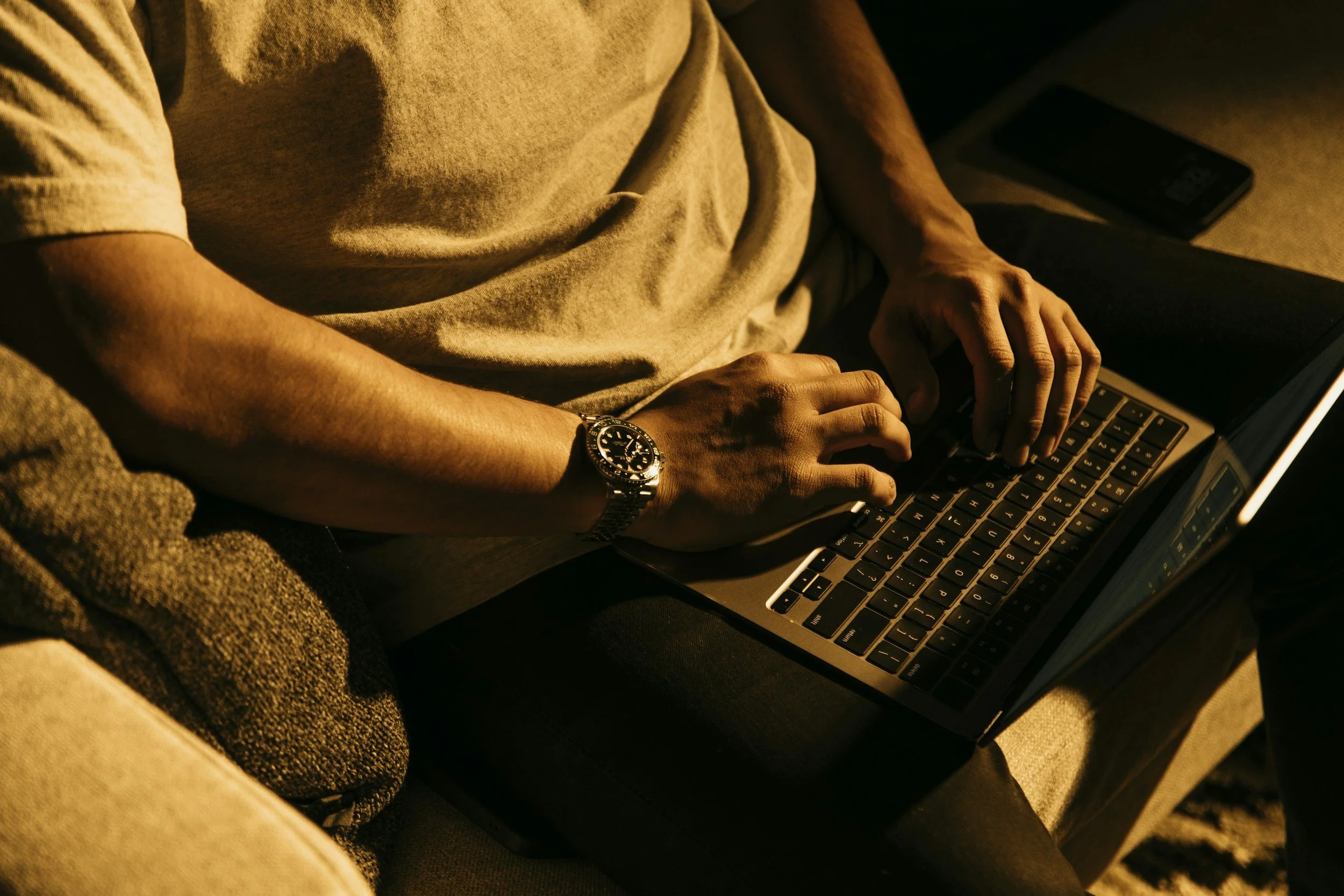
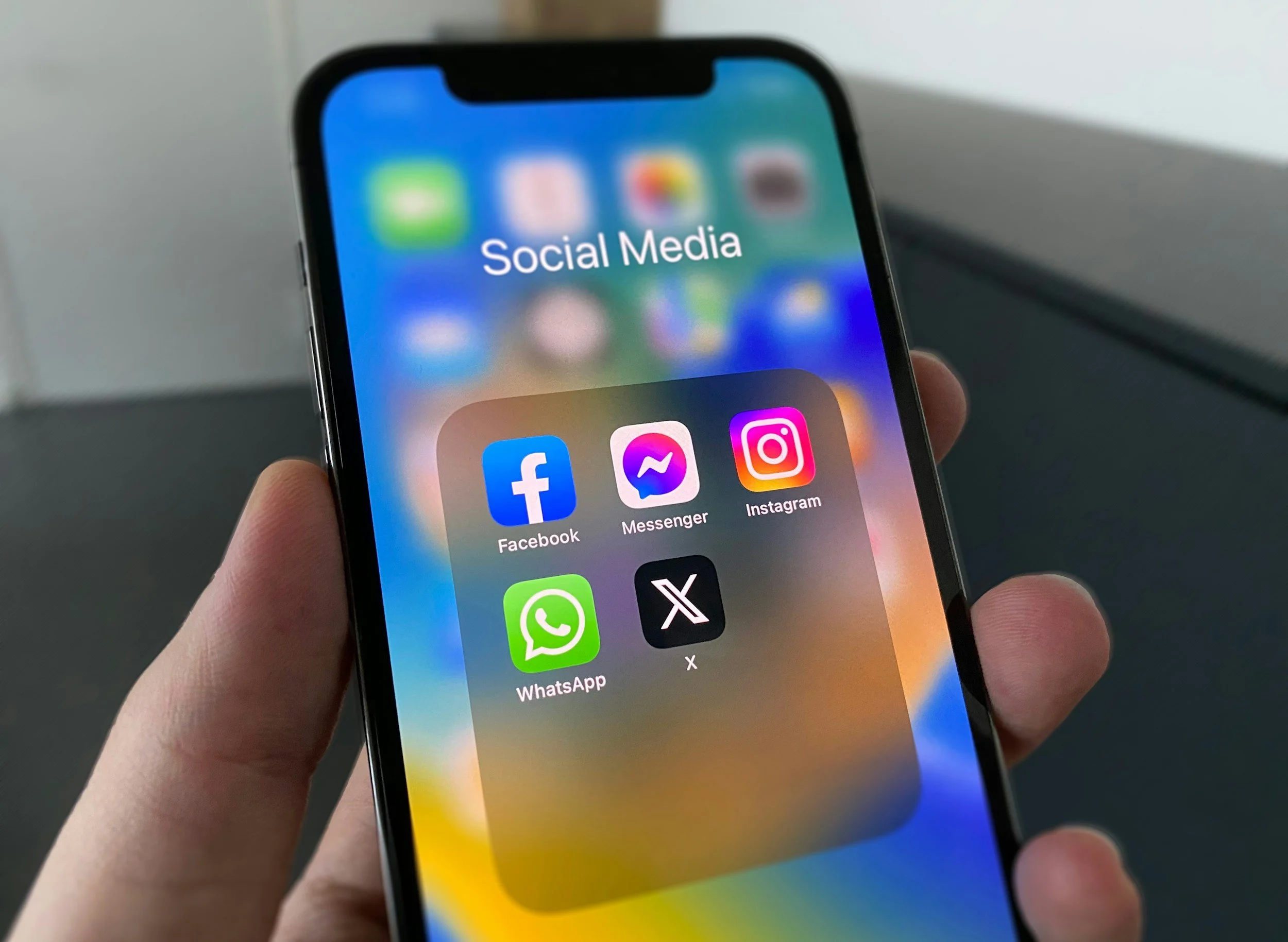

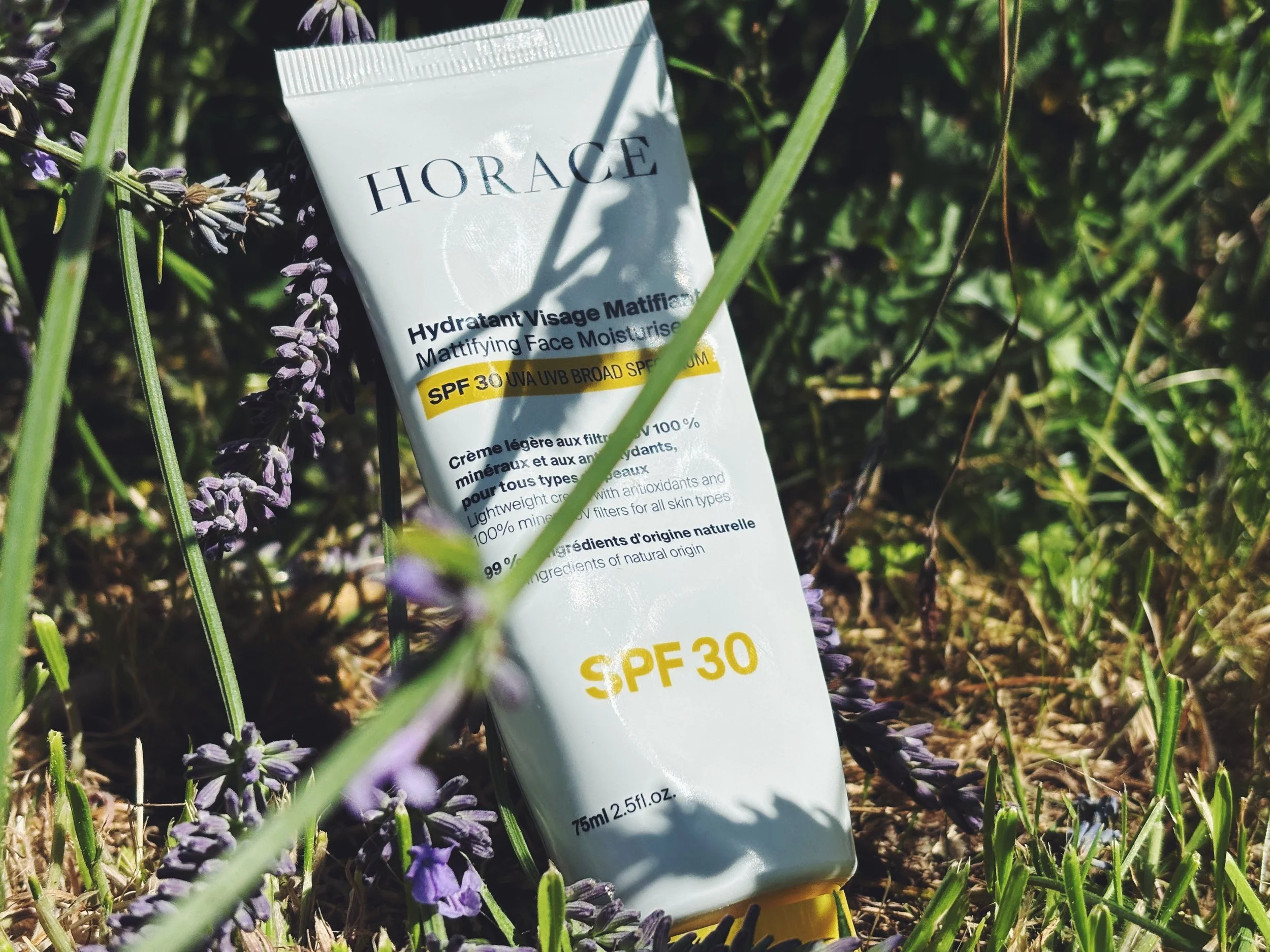
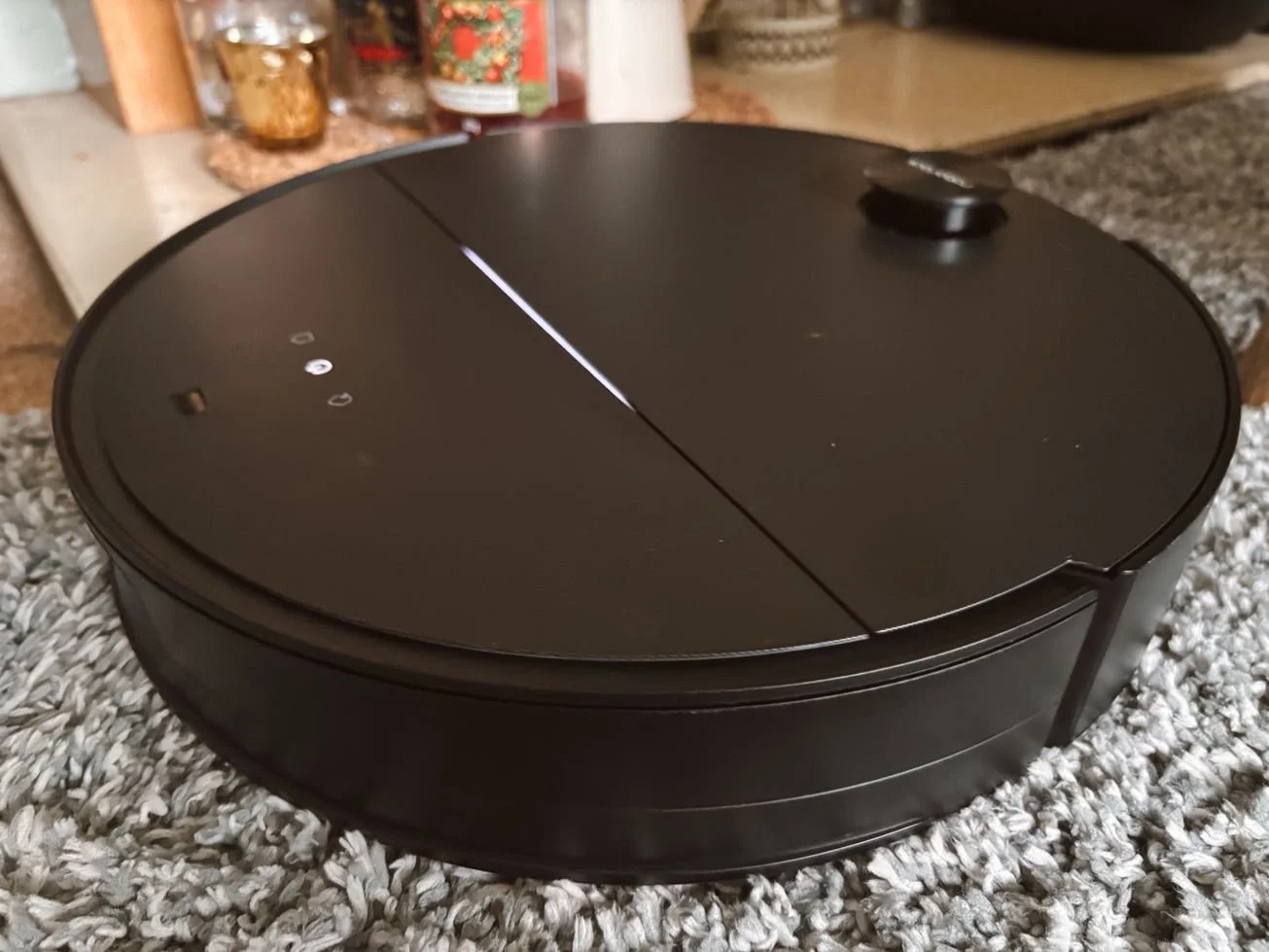
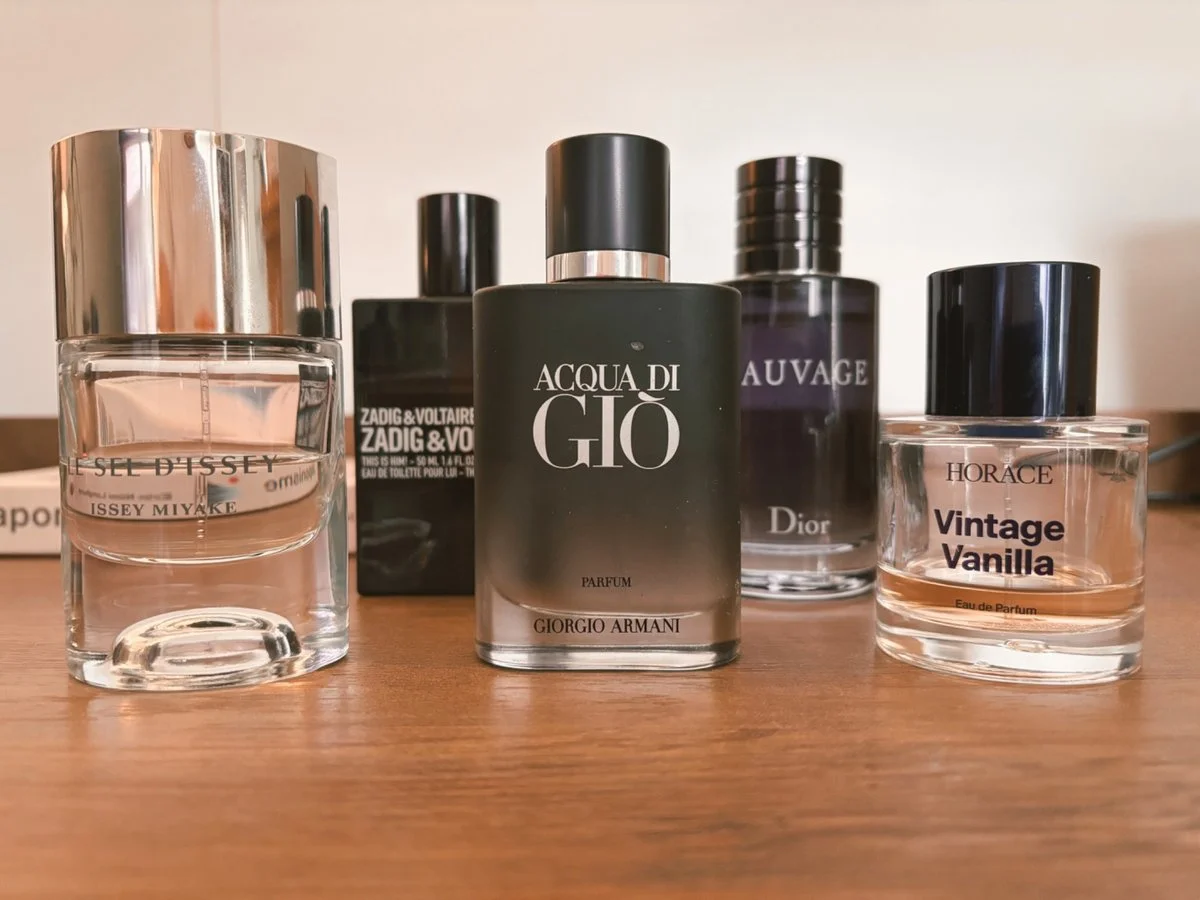
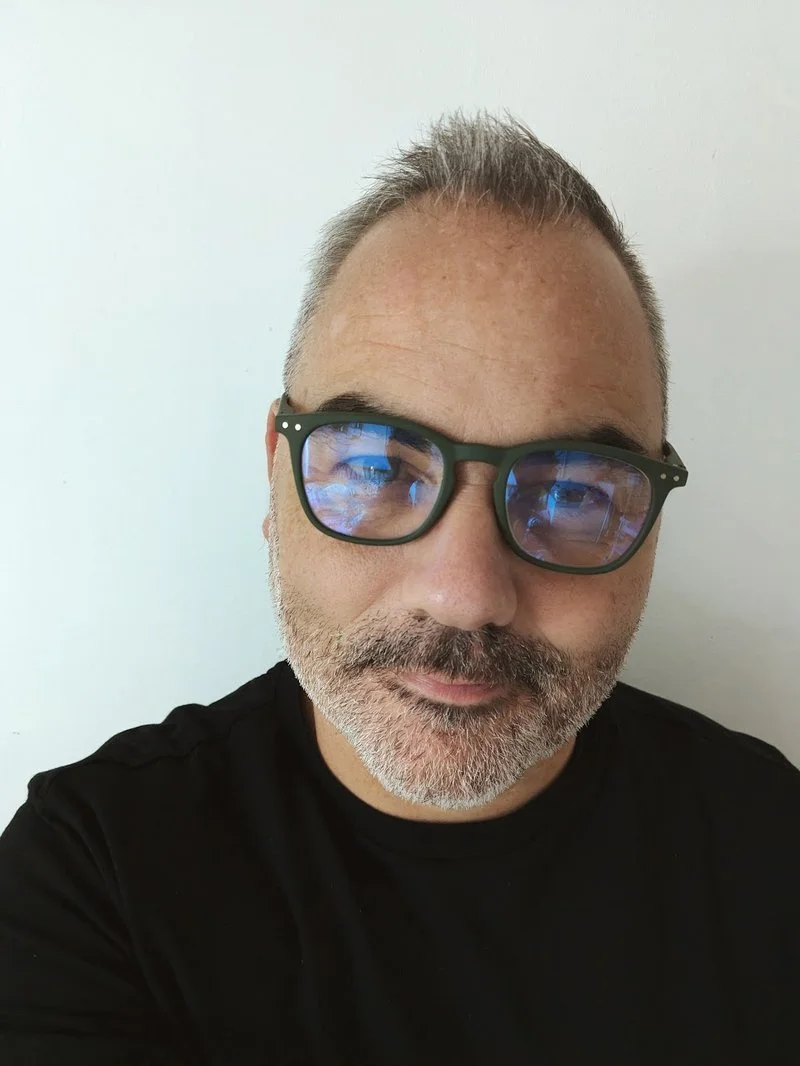

Final launches the A2000 wired earphones plus new VR3000 gaming models. Why wired audio is trending again—plus my real-life take on the wired revival.